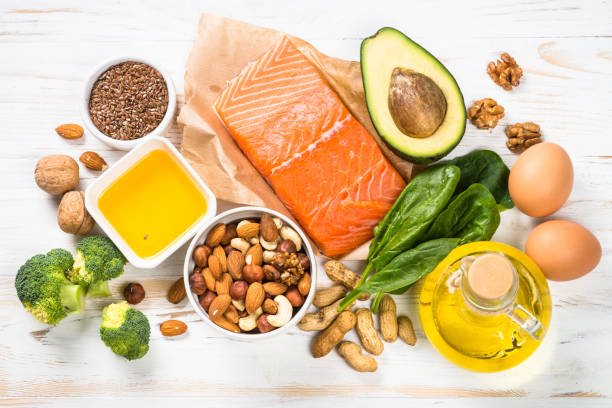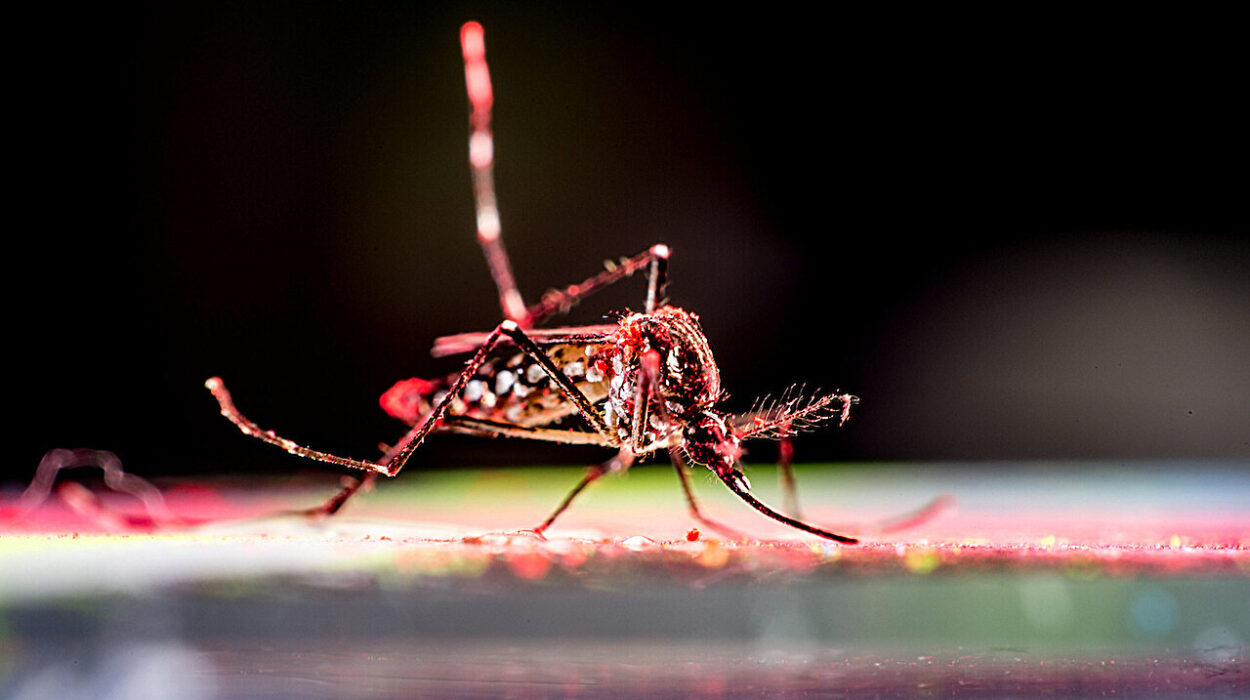Humanity has always dreamed of living longer, healthier lives. From ancient elixirs to modern medicine, the pursuit of longevity has fascinated us across cultures and centuries. Today, we know that while there is no single “fountain of youth,” the food we eat plays a crucial role in shaping our healthspan—the length of our lives spent in good health, free from disease and disability.
Science has uncovered certain foods that stand out as powerful allies in the quest for longevity. These “superfoods” are rich in nutrients, antioxidants, and compounds that help protect the body against aging at the cellular level. They support heart health, reduce inflammation, strengthen the immune system, and even enhance brain function.
In this article, we will explore 15 science-backed superfoods for longevity. Each of these foods has been studied extensively, and their benefits are supported by research from nutrition science, epidemiology, and biomedicine. More importantly, these foods are not exotic or unattainable; they are delicious, versatile, and accessible, ready to be part of everyday life.
1. Blueberries
Blueberries are often called “the king of antioxidants,” and for good reason. These small berries are packed with flavonoids, particularly anthocyanins, which give them their deep blue color.
Scientific studies have linked blueberries to improved brain health, reduced risk of heart disease, and protection against certain cancers. They combat oxidative stress—a key driver of cellular aging—by neutralizing free radicals. Regular consumption of blueberries has also been shown to improve memory and slow cognitive decline in older adults.
Beyond their anti-aging benefits, blueberries are low in calories but high in fiber, vitamin C, and vitamin K. Whether eaten fresh, frozen, or blended into smoothies, they are one of the most potent longevity foods nature provides.
2. Leafy Greens
Spinach, kale, Swiss chard, arugula—leafy greens are some of the most nutrient-dense foods on the planet. They are rich in vitamins A, C, E, and K, as well as folate, iron, magnesium, and calcium.
Leafy greens are also loaded with antioxidants like lutein and beta-carotene, which protect against oxidative stress and support eye health. Their high fiber content helps regulate blood sugar and supports a healthy gut microbiome, which is increasingly recognized as central to longevity.
Studies have shown that people who consume leafy greens regularly have a significantly lower risk of heart disease, type 2 diabetes, and certain cancers. They also support healthy blood vessels and reduce inflammation throughout the body.
Adding a serving of leafy greens to your daily diet may be one of the simplest, most powerful steps you can take toward a longer, healthier life.
3. Nuts
Nuts—such as almonds, walnuts, pistachios, and Brazil nuts—are tiny nutritional powerhouses. They provide healthy fats, plant-based protein, fiber, and a wide range of vitamins and minerals.
Walnuts, in particular, are rich in omega-3 fatty acids, which support brain and heart health. Almonds deliver vitamin E, an antioxidant that protects cells from damage. Brazil nuts are one of the best natural sources of selenium, a trace mineral linked to longevity and immune function.
Large-scale studies have consistently shown that people who eat nuts regularly live longer and have lower rates of heart disease, cancer, and respiratory illness. Just a small handful a day is enough to confer these benefits, though moderation is key since nuts are calorie-dense.
4. Olive Oil
Olive oil, especially extra-virgin olive oil, is a cornerstone of the Mediterranean diet, one of the world’s healthiest eating patterns. Its benefits come primarily from monounsaturated fats and powerful antioxidants called polyphenols.
Olive oil supports cardiovascular health by lowering LDL (“bad”) cholesterol and raising HDL (“good”) cholesterol. It also reduces inflammation, one of the main drivers of aging-related diseases.
Research has shown that people who consume olive oil daily have lower risks of heart disease, stroke, and even premature death. The PREDIMED study, a landmark clinical trial, found that olive oil, when combined with a Mediterranean diet, dramatically reduced the incidence of major cardiovascular events.
Drizzling olive oil over vegetables, using it in dressings, or cooking with it lightly are delicious ways to incorporate this longevity elixir into daily life.
5. Green Tea
For centuries, green tea has been celebrated in Asian cultures as a drink of vitality and longevity. Modern science confirms its reputation. Green tea contains catechins, especially epigallocatechin gallate (EGCG), which have powerful anti-inflammatory and antioxidant effects.
Regular green tea consumption has been linked to reduced risks of heart disease, stroke, type 2 diabetes, and certain cancers. It also supports brain function, with some studies suggesting it may lower the risk of Alzheimer’s disease and Parkinson’s disease.
Green tea’s compounds also promote fat metabolism, support gut health, and may even slow aging at the cellular level by protecting telomeres—the caps at the ends of chromosomes that shorten as we age.
A daily cup or two of green tea may be one of the most enjoyable longevity habits one can adopt.
6. Garlic
Garlic has been used for thousands of years as both food and medicine. It contains sulfur compounds, including allicin, which give it its distinctive smell and many of its health benefits.
Research shows that garlic supports cardiovascular health by lowering blood pressure, reducing cholesterol, and improving circulation. It also has antimicrobial and immune-boosting properties, helping the body fight infections.
Some studies suggest garlic may even reduce the risk of certain cancers, particularly of the digestive tract. Its anti-inflammatory effects also support overall health and longevity.
Adding fresh garlic to meals is a simple way to enhance flavor while giving your body powerful protection against age-related diseases.
7. Fatty Fish
Salmon, sardines, mackerel, and trout are rich in omega-3 fatty acids, particularly EPA and DHA. These essential fats are vital for brain function, cardiovascular health, and reducing inflammation.
Omega-3s are linked to lower risks of heart disease, stroke, depression, and cognitive decline. They also support joint health and may even lengthen telomeres, promoting cellular longevity.
Populations that consume high amounts of fatty fish, such as those in Japan and coastal Mediterranean regions, often enjoy longer lifespans and lower rates of chronic disease.
Eating fatty fish two to three times per week is one of the most science-backed strategies for living a longer, healthier life.
8. Legumes
Beans, lentils, chickpeas, and peas—legumes are nutritional champions. They are rich in plant-based protein, fiber, complex carbohydrates, and a wide variety of vitamins and minerals.
Legumes support heart health by lowering cholesterol and blood pressure. Their fiber content stabilizes blood sugar and nourishes the gut microbiome, promoting better digestion and stronger immunity.
Blue Zone studies—research into regions where people live exceptionally long lives—consistently show that legumes are a staple food in these cultures. In fact, eating just a cup of beans a day is strongly correlated with greater longevity.
9. Turmeric
Turmeric, the golden spice widely used in South Asian cooking, contains curcumin, a compound with powerful anti-inflammatory and antioxidant properties.
Chronic inflammation is linked to nearly every age-related disease, from arthritis to Alzheimer’s. Curcumin helps reduce this inflammation at the cellular level, potentially slowing the aging process.
Studies suggest turmeric may support brain health, improve memory, reduce the risk of heart disease, and even have anticancer effects.
Since curcumin is not easily absorbed by the body, it is best consumed with black pepper, which contains piperine, a compound that boosts absorption. A daily curry, turmeric latte, or supplement can make this spice a key ally in longevity.
10. Fermented Foods
Yogurt, kefir, sauerkraut, kimchi, and miso are all rich in probiotics, the beneficial bacteria that support a healthy gut microbiome.
The gut microbiome is increasingly recognized as central to health and longevity. It influences digestion, immunity, metabolism, and even mood. A diverse, balanced microbiome protects against chronic diseases and supports resilience against aging.
Fermented foods also provide vitamins, minerals, and bioactive compounds that further enhance health. Including them in the diet regularly can foster a healthier, longer life by nourishing the body from the inside out.
11. Avocados
Avocados are rich in monounsaturated fats, fiber, potassium, and a variety of antioxidants. These nutrients support heart health, lower cholesterol, and reduce inflammation.
Potassium, in particular, helps regulate blood pressure, while healthy fats support brain health and nutrient absorption. Some studies suggest regular avocado consumption is associated with a lower risk of metabolic syndrome, a cluster of conditions linked to aging and disease.
Creamy, versatile, and satisfying, avocados make it easy to enjoy longevity-promoting nutrition in everyday meals.
12. Dark Chocolate
Yes, chocolate can be good for longevity—if it’s the right kind. Dark chocolate, with a cocoa content of 70% or higher, is rich in flavonoids that support heart health and brain function.
Flavonoids improve circulation, reduce inflammation, and lower blood pressure. They also protect neurons from oxidative stress, potentially lowering the risk of cognitive decline.
Moderate consumption of dark chocolate has been linked to lower risks of heart disease and improved overall well-being. Of course, the key is moderation—too much sugar or milk chocolate will cancel out the benefits.
13. Tomatoes
Tomatoes are one of the best sources of lycopene, a powerful antioxidant linked to reduced risks of heart disease and certain cancers, especially prostate cancer.
Cooking tomatoes, such as in sauces or soups, actually increases the availability of lycopene, making them even more potent. Tomatoes also provide vitamin C, potassium, and folate, supporting heart and immune health.
Their versatility and health benefits make tomatoes an easy, science-backed addition to a longevity-focused diet.
14. Whole Grains
Oats, quinoa, barley, brown rice, and whole wheat are rich in fiber, vitamins, minerals, and phytonutrients. Unlike refined grains, whole grains contain all parts of the grain, including the nutrient-dense bran and germ.
Whole grains support digestive health, regulate blood sugar, and reduce the risk of heart disease and stroke. They also nourish the gut microbiome, contributing to better long-term health.
Large population studies consistently show that higher whole-grain consumption is associated with longer lifespans and reduced risk of chronic disease.
15. Mushrooms
Mushrooms are unique among plant foods because they contain ergothioneine, an antioxidant not commonly found in other foods. They also provide beta-glucans, compounds that support immune function and may help protect against cancer.
Certain varieties, such as shiitake and maitake, are especially rich in longevity-promoting compounds. Mushrooms also contain vitamin D when exposed to sunlight, making them a valuable addition for bone health and immunity.
Studies suggest that regular mushroom consumption is linked to lower risks of mortality and improved overall health. They add flavor, texture, and powerful health benefits to any diet.
Conclusion
Longevity is not about magic pills or secret remedies. It is about daily choices—especially the foods we eat. The superfoods listed above are not exotic luxuries; they are simple, accessible, and deeply nourishing.
Science shows that incorporating blueberries, leafy greens, nuts, olive oil, green tea, garlic, fatty fish, legumes, turmeric, fermented foods, avocados, dark chocolate, tomatoes, whole grains, and mushrooms into your diet can help protect against age-related diseases, support vitality, and extend healthspan.
Living longer is not just about adding years to life—it is about adding life to years. These foods, backed by science, offer a pathway to do exactly that: to live not only longer, but better, with strength, clarity, and joy.






